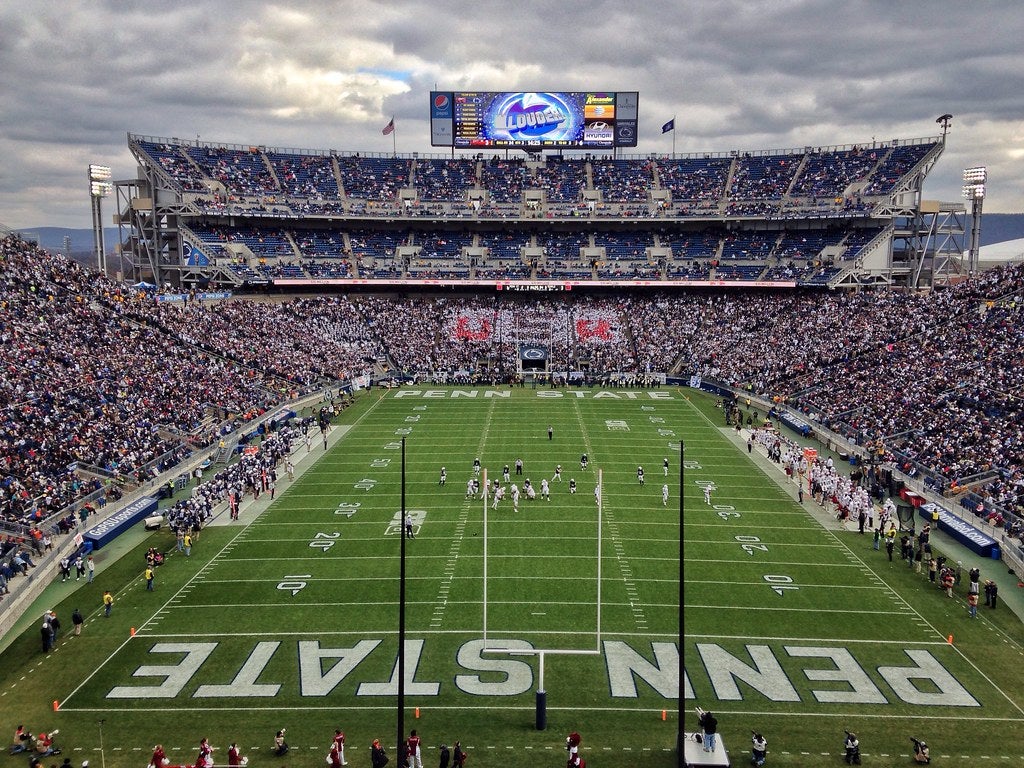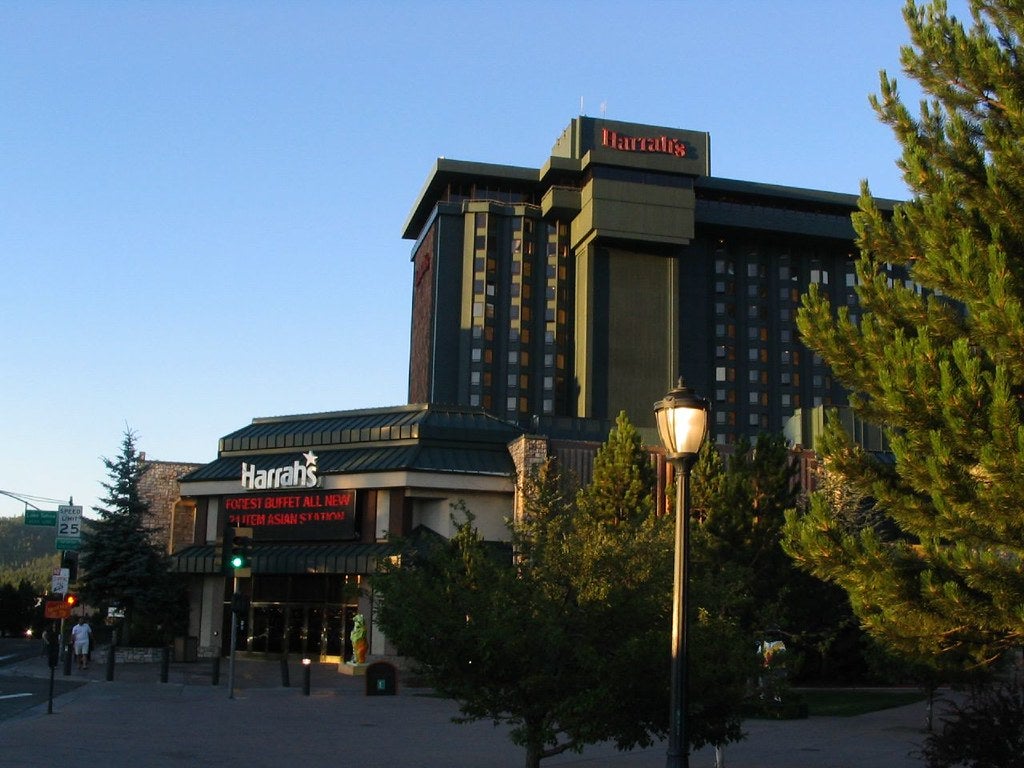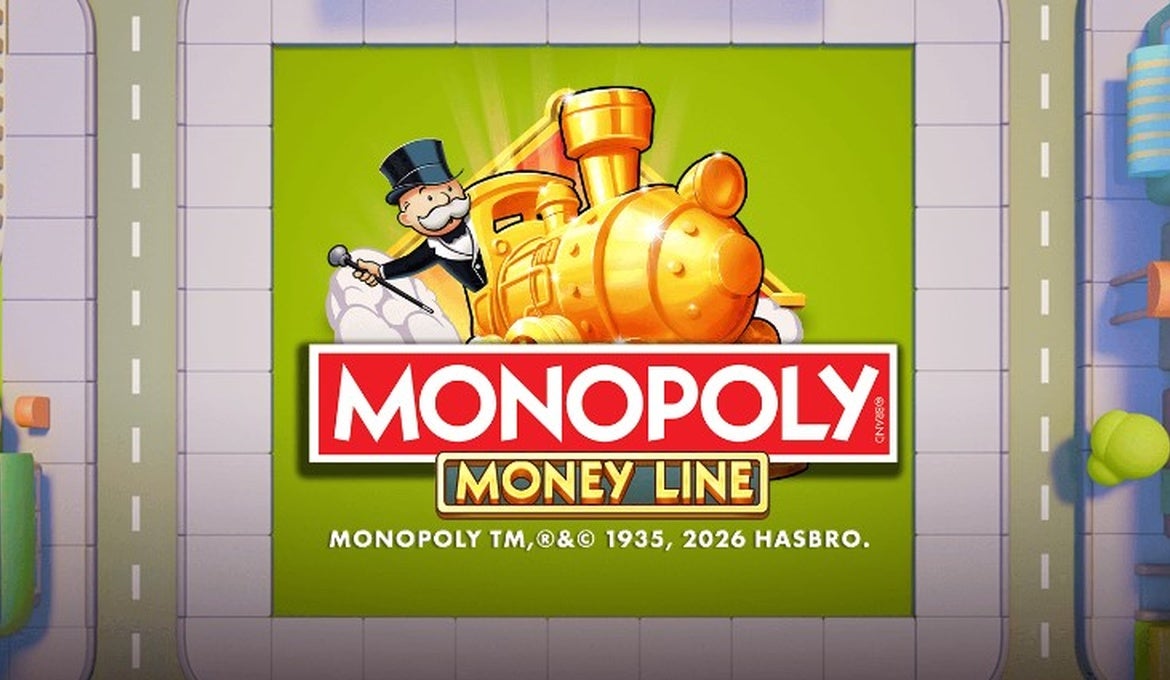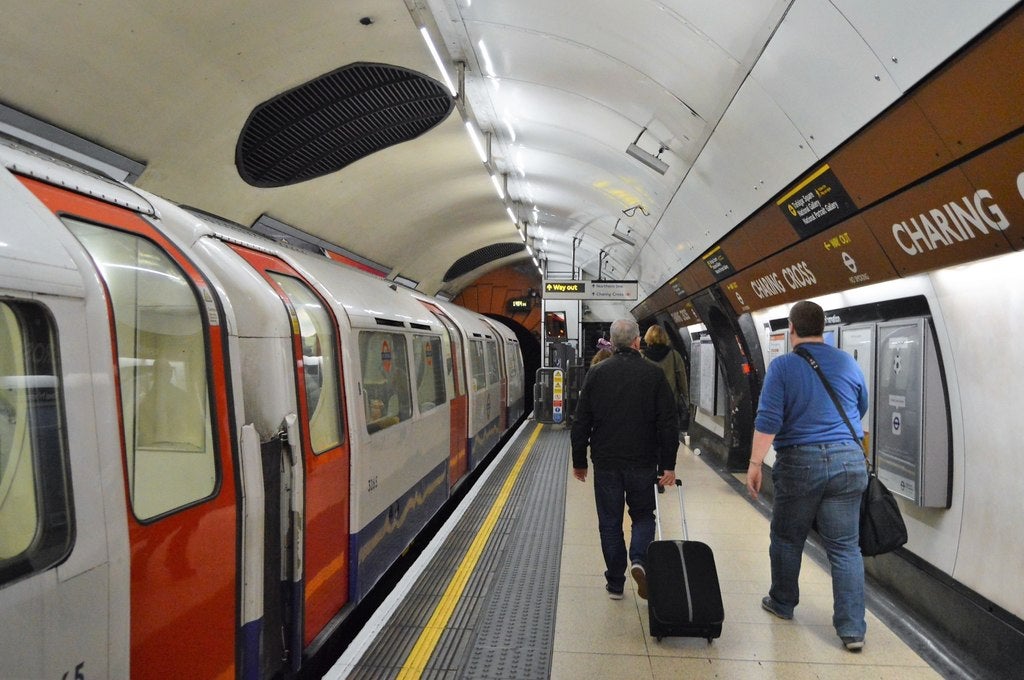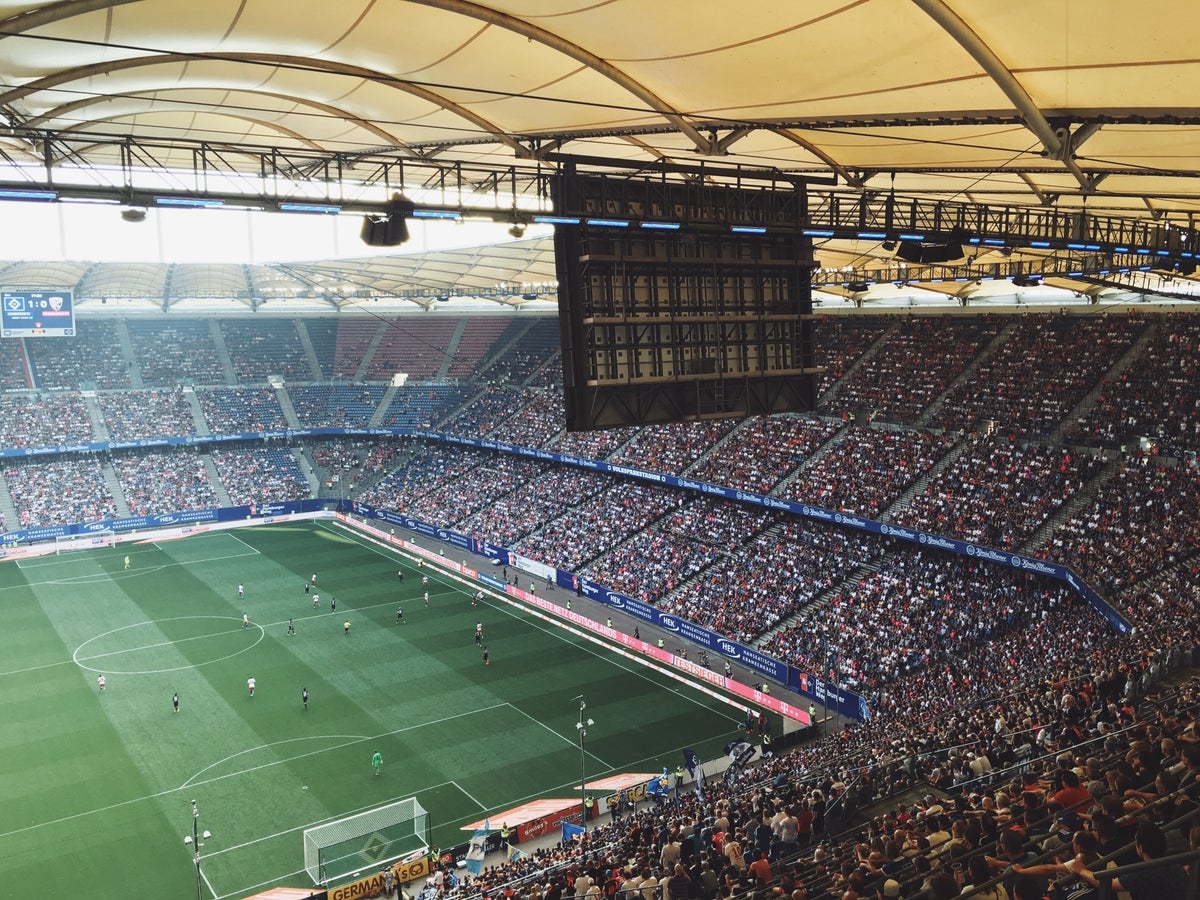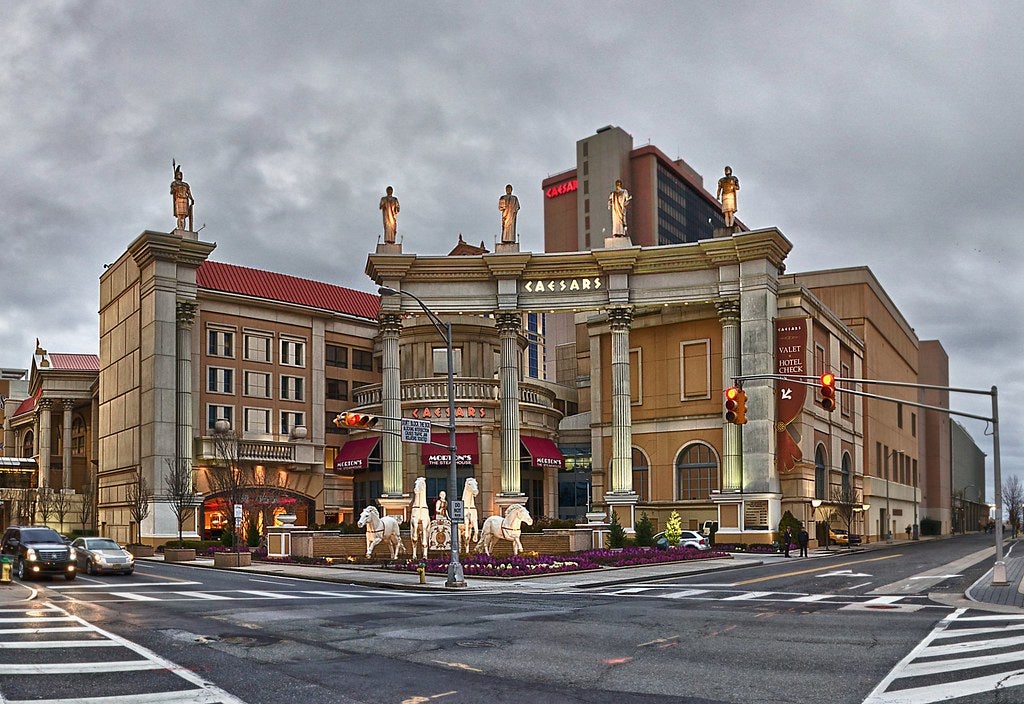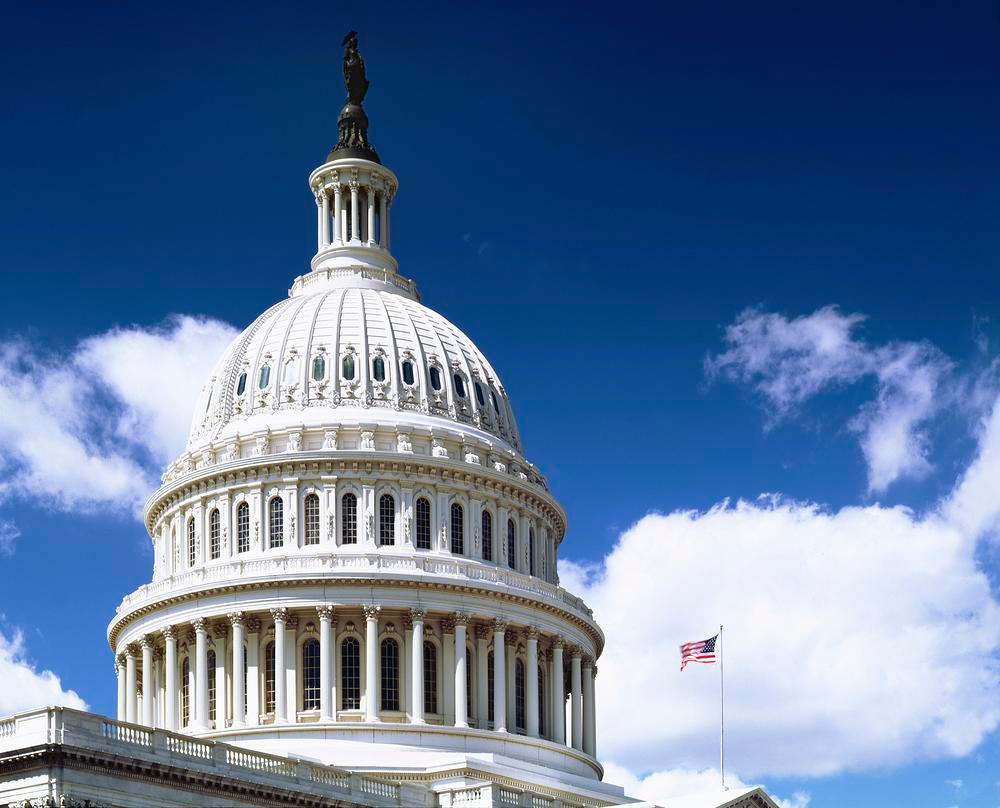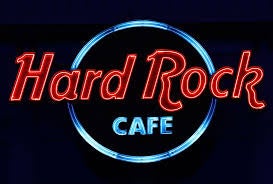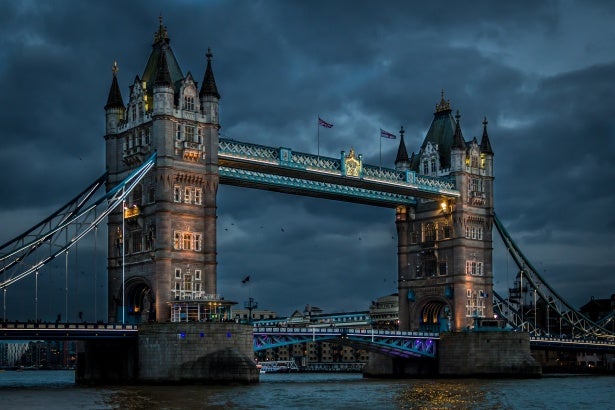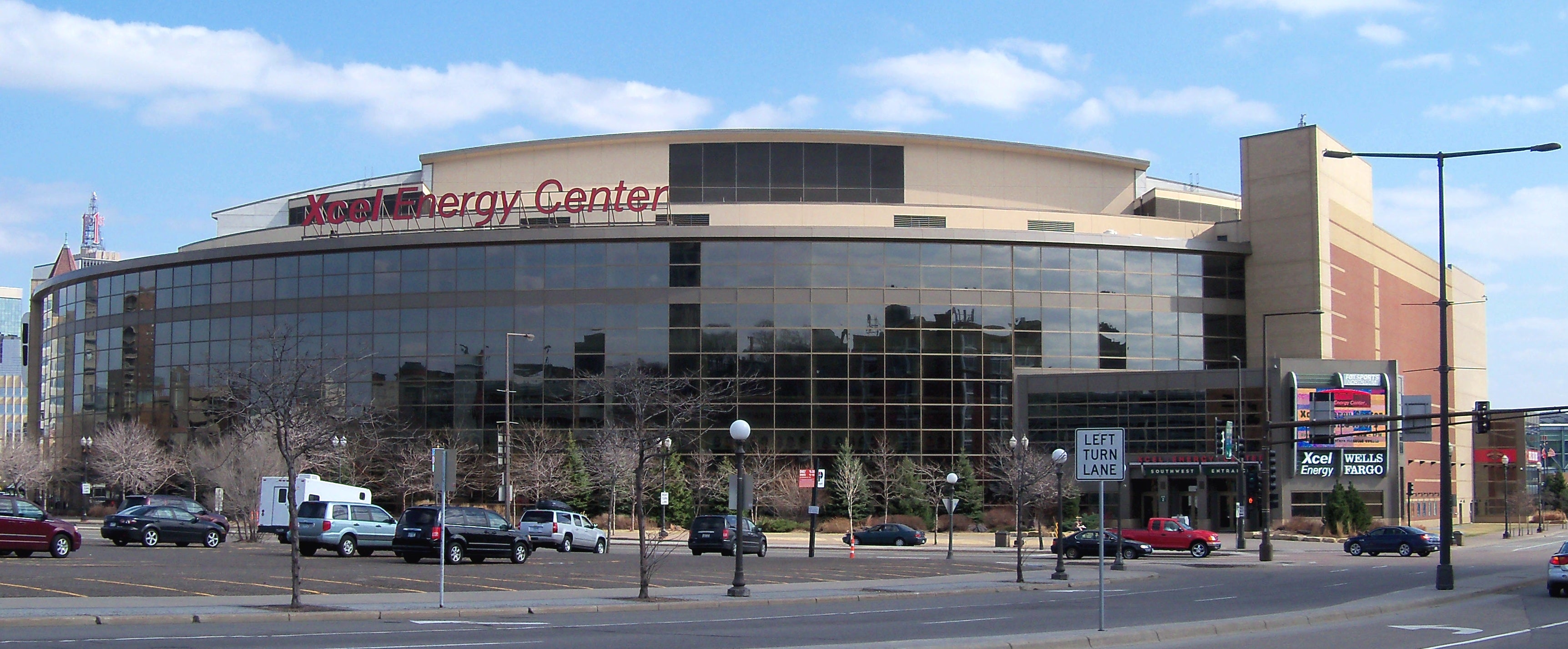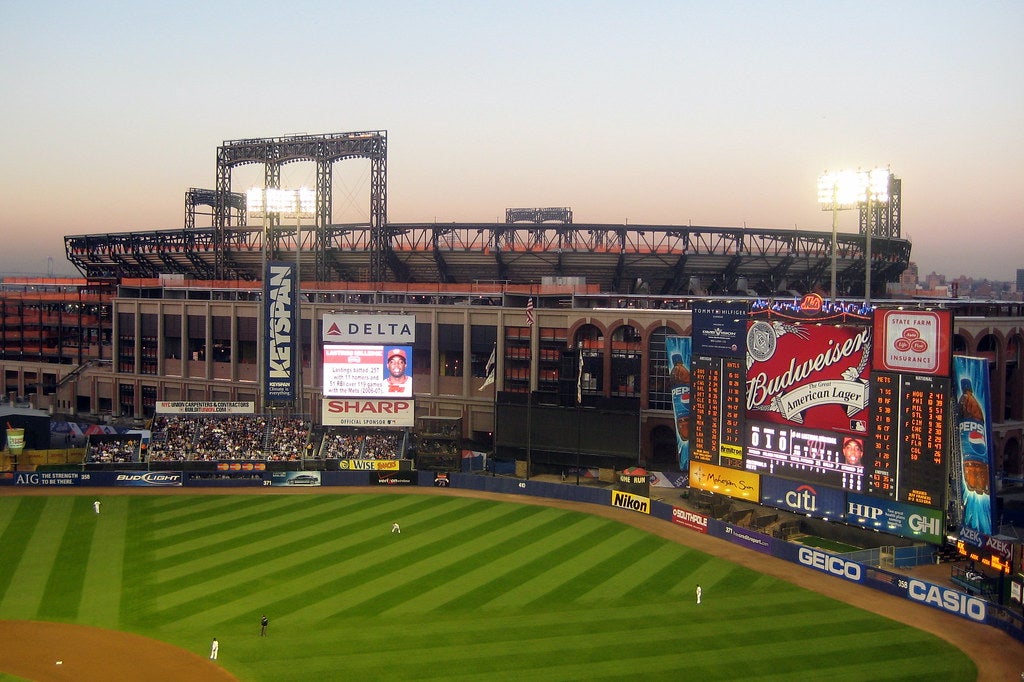The PGCB’s motivations
The PGCB proposed the rule change in October. As it stands, anyone who is on the self-excluded list, even if their one- or five-year window was up but they did not submit a removal request, and attempts to enter a gambling facility is in violation of the law.
Pennsylvania’s self-excluded list bans players from:
- Any of the state’s 17 retail casinos casinos
- Online sportsbooks
- Online casinos
- Fantasy sports platforms
- Video-gaming terminals
There are roughly 34,000 self-excluded gamblers on Pennsylvania's voluntary list. While it serves the purpose of enforcing responsible gaming, it also leads to confusion in the players’ minds regarding their ability to visit and to gamble at different locations.
“Requiring individuals to take affirmative removal action after their selected period has elapsed results in individuals experiencing negative effects,” the PGCB said about the proposed rule change. “Many individuals erroneously believe that once the time period selected for casino self-exclusion has passed, they are once again allowed to engage in gaming activities in this Commonwealth’s retail casinos.
“This comes from either not reading the self-exclusion paperwork that they sign clearly enough, or simply forgetting after several years that they must request removal. However, with these individuals remaining on the self-exclusion list, they are subject to trespass charges if caught in a licensed facility, and the confiscation of funds if they win while gaming.”
The path to change
PGCB Communications Director Doug Harbach told PlayPennsylvania that he expects the amendment to be approved but does not know when.
Public comments are open until November 25. Once that deadline passes, the PGCB will review the comments, reach a final conclusion, and take a vote at a public meeting.
If the vote passes, the new measure will be sent to committees in the General Assembly and then the Independent Regulatory Review Commission.
Nearly 23,000 of the 34,000 self-excluded gamblers are banned from casinos. 65 percent of the self-excluded crowd also consists of men, while about 6,400 of the 9,100 infractions involving gamblers on the self-excluded list since it launched in December 2006 involved men.
The most-represented age demographic on the self-excluded list is age 55 and older, of which there are around 8,700 members. There are also about 16,000 white people on the list, making them the largest race on the list.
Approximately 5,100 self-excluded gamblers chose the “permanent” option, meaning they will never be able to regain the ability to gamble at selected locations in Pennsylvania.
Pennsylvania has the third-highest commercial gaming revenue total in America, trailing only Nevada and New Jersey.


